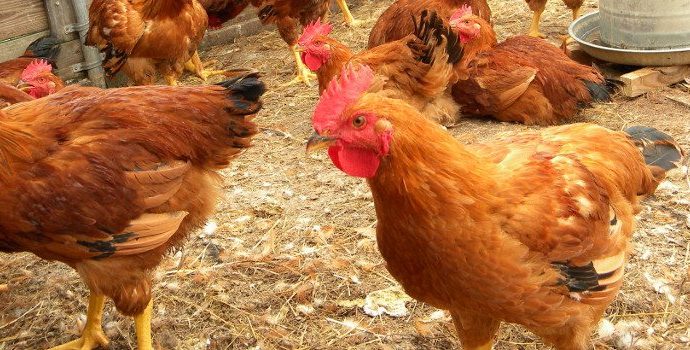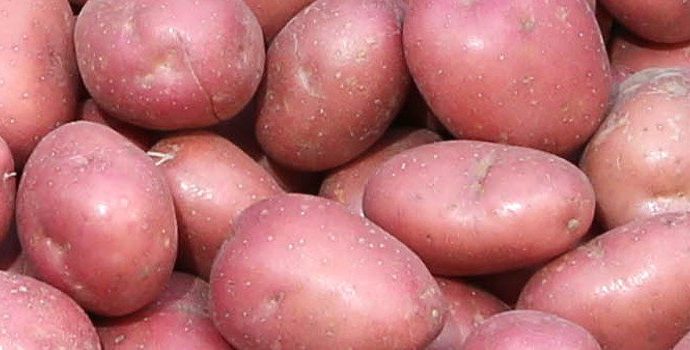IFA President Says Cap Reform Must Support Strong Environmental Scheme in Commonage Areas

Addressing the Joint Oireachtas Committee on Agriculture, Food and the Marine this afternoon (Tues), IFA President John Bryan said the CAP Reform, including Pillar 1 and Pillar 11, must ensure that active farmers are supported by recognising the limitations of the land, the value to the environment and the socio-economic effect of maintaining farming in these areas.
He said discussions on a review of the commonage framework plan have been on-going for some time, and IFA has strongly insisted that the requirement for collective agreement on commonages would not work.
“It was only right that plans to introduce this have been put on hold, pending the introduction of greater flexibility, as the problems vary from commonage to commonage. The Minister must set up an advisory Committee, which should have an independent chair, to deal with stocking levels on commonages, in consultation with farmers on the ground.”
The IFA President, who was joined by members of the IFA Hill Committee, told the Oireachtas members that critical to maintaining farming in hill areas is ensuring that farm incomes are viable. “The low returns from hill sheep farming have meant that direct payments are a critical element of farm income. Cutbacks in recent budgets as well as attacks on the income disregards for Farm Assist have resulted in farm income pressures in commonage and hill areas.”
The IFA President expressed serious concern regarding a co-efficient model for determining payment for marginal land, which is contained in the compromise proposals put forward by the Minister at yesterday’s meeting of the EU Farm Council.
Mr Bryan said, “In the context of eligibility for land, farmers have been particularly concerned where areas have been reduced following Department of Agriculture inspection. Destocking of hills 10 years ago has led to some areas becoming overgrown. The time is now opportune for the introduction of an Upland Environmental Management Scheme which should coincide with the implementation of new stocking levels”.




